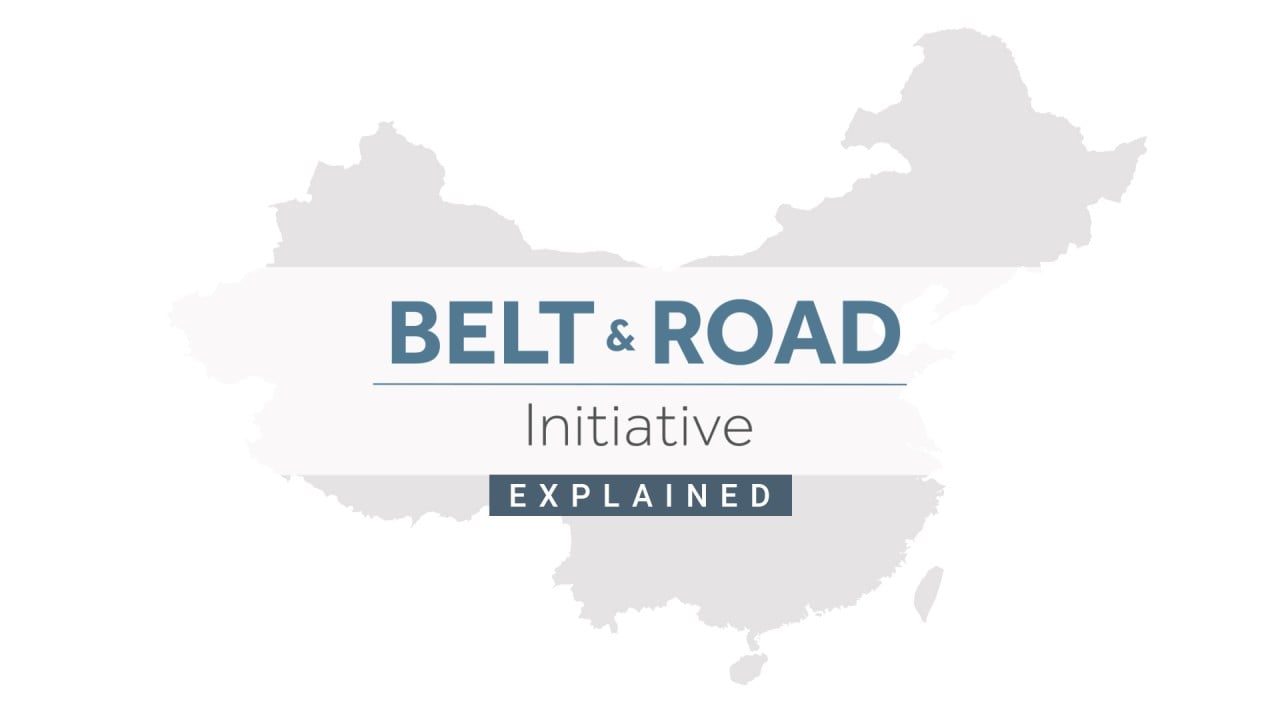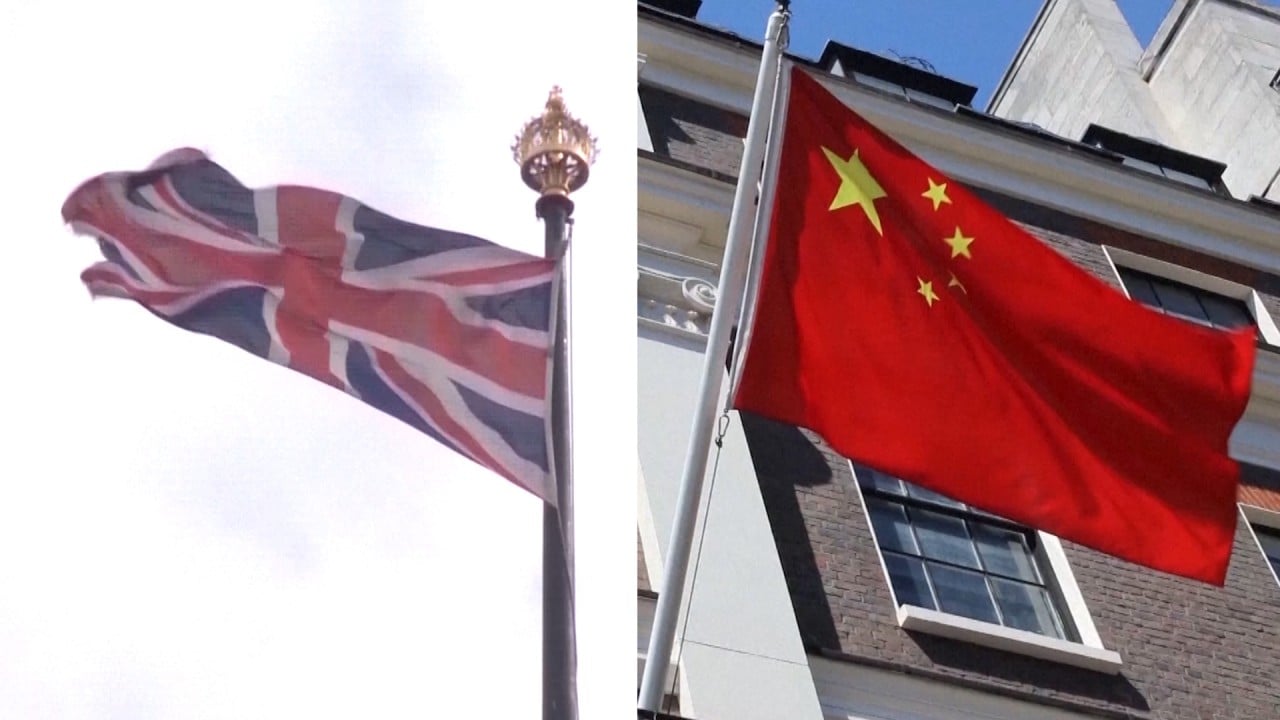
G7 summit shows China is still setting the agenda
- From the ‘Build Back Better World’ infrastructure plan to vaccines for the developing world to protecting sensitive industries, the West seems to be taking its cues from China
In the eyes of many Western policymakers, China was supposed to become more like the West. The United States was to carry on ruling the waves, while simultaneously crafting the international rules. Yet, in many cases it is now China making the waves – if not the rules – with its ideas and others reacting to them.
Now you could say better late than never. However, the Belt and Road Initiative was adopted in 2013, almost a decade ago. Of course, in a global competition of ideas, having different alternatives is a good thing for global economic development. It’s better for developing and developed nations to have access to multiple lanes of funding as opposed to a one-way source of finance (or toll gate). Still, we must admit that China has engineered massive impact – whether you like it or not – through the Belt and Road Initiative. The West has duly noted this and is reacting to an agenda set by China.
It’s striking to see these remarks by the US from the G7: “I think we’re in a contest – not with China per se, but a contest with autocrats, autocratic governments around the world, as to whether democracies can compete with them in the rapidly changing 21st century.” If Document Number Nine defines the Communist Party’s logic, then this statement from the G7 shows the West reacting.
If the rumours from the G7 are to be believed – that there were representations made that instead of alienating China, Western countries should make a positive case for the West – then there is hope for our ability to set the agenda. This will, however, need to be an agenda that has input from various different actors in what is fast becoming a world where power is much more dispersed.
We heard criticism from some quarters that the G7 is a small group of countries that can’t simply make the rules for the rest of the world in isolation. This is true, yet it is an important grouping. Even if hypothetically its importance has waned, it still has a right to exist to help promote the shared interests that its members care dearly about.
This turbulent time in global politics has shown the gulf between values and approaches to governance cherished by China, and countries such as my own. But for us to truly get past the recent turbulence, we in the West must swallow a modicum of pride and accept that China will often set the agenda, or at the very least, will want to chip in during the “any other business” part of discussions.
Similarly, China must make a positive case and rebuild its ties with the West, while being open to criticism on how it can moderate its more questionable actions. Agenda-setting begets great responsibility.
Mark Logan MP represents Bolton North East in the UK Parliament, where he is vice-chair for the All-Party Parliamentary China Group



